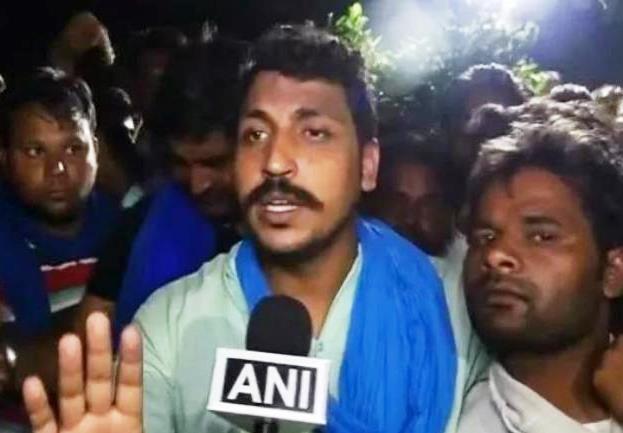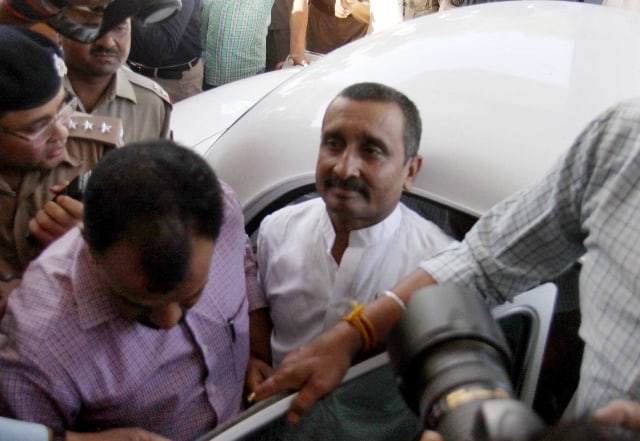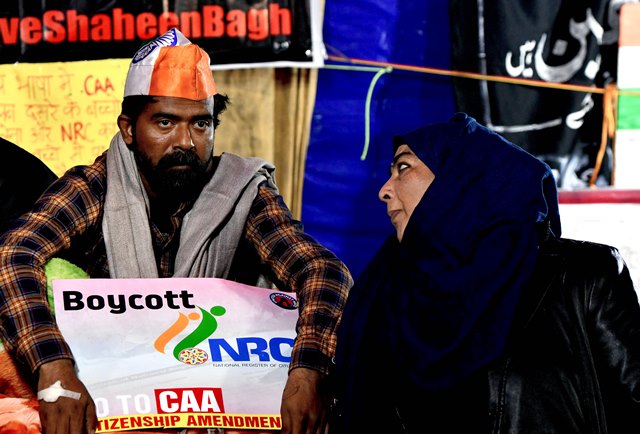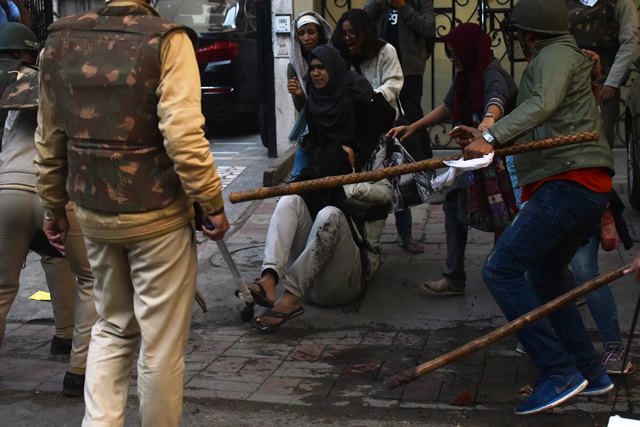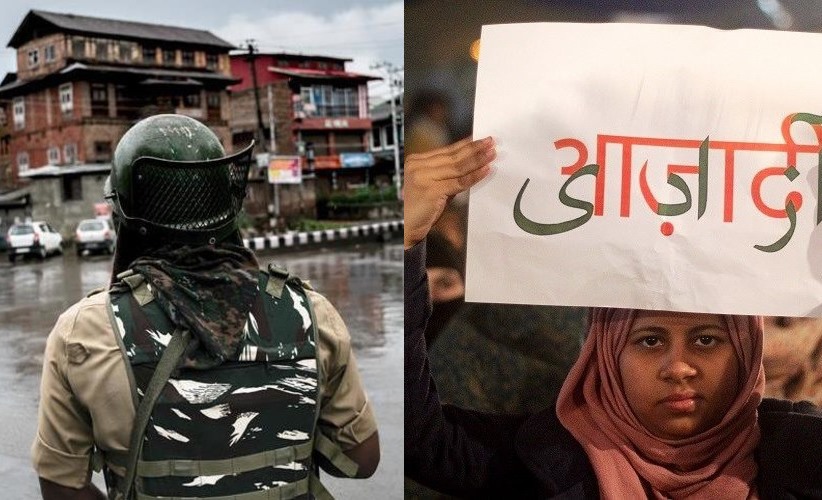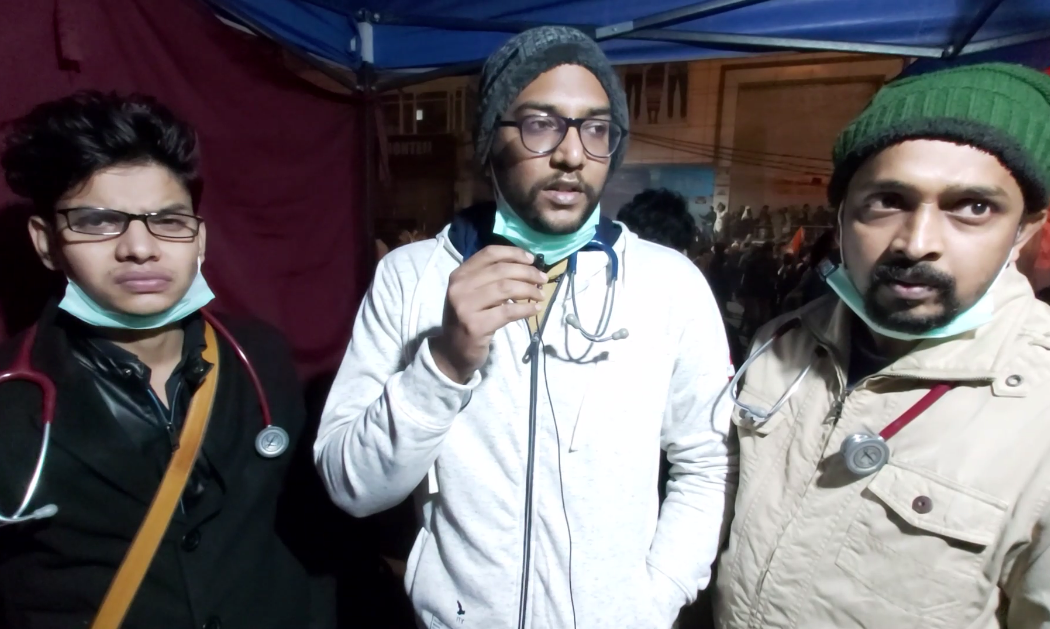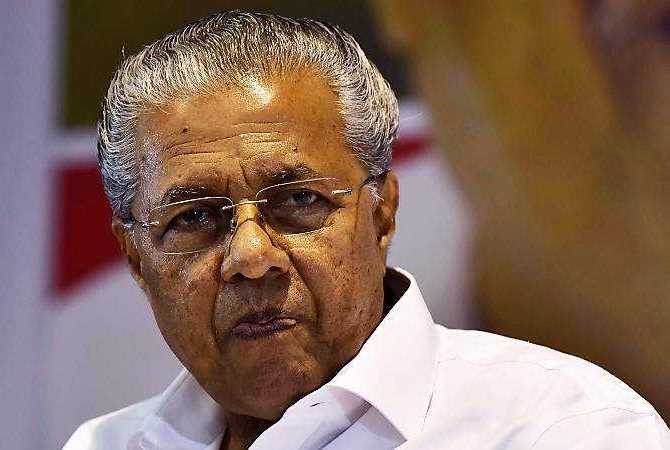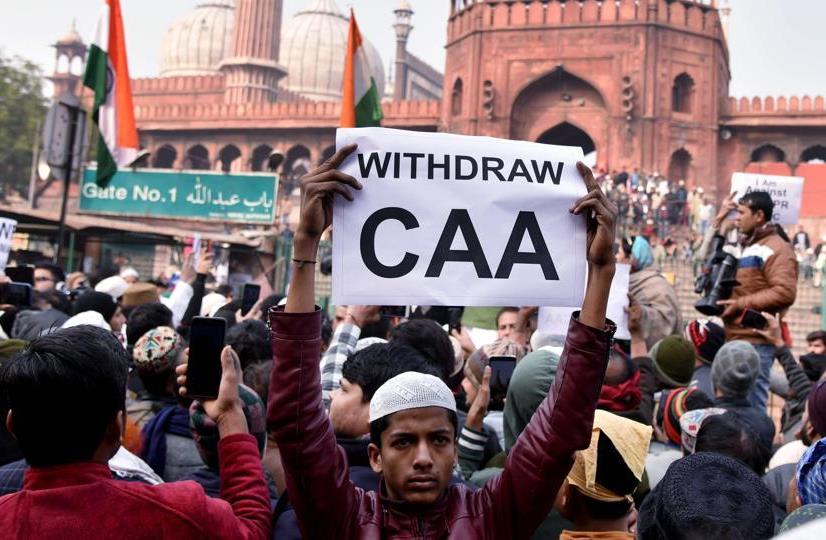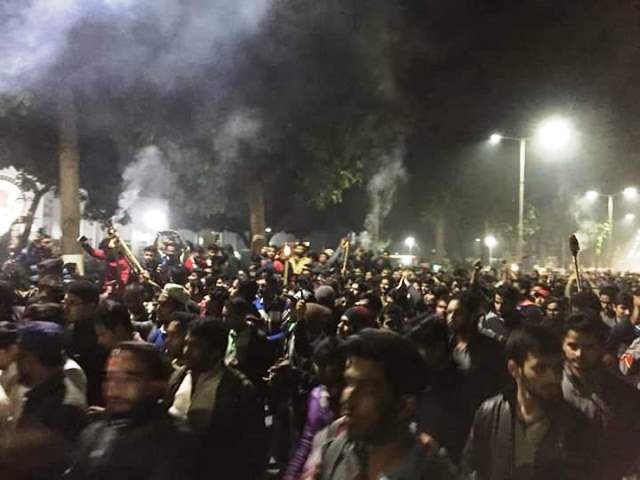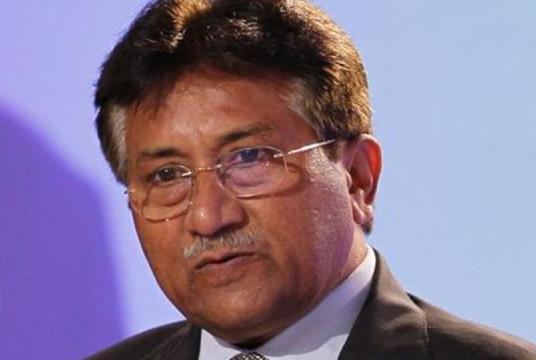Kashmir – It’s been more than five months since the Army occupation, armed siege and total lockdown of the Valley of Kashmir. Ladakh, Jammu and Kargil were exceptions and life seemed to be reasonably normal out there, with both Jammu and Ladakh welcoming the scrapping of Article 370 while Kargil strongly resented its new found status of a Union Territory under the direct control of the ruling regime in Delhi.
However, the scrapping of Article
35A remained a bone of contention in all the three regions because there has
been widespread fear that powerful ‘outsiders’, industrialists, businessmen and
real estate Mafiosi, with connections with the ruling party in Delhi, might
enter these areas and buy of huge chunks of residential, commercial,
agricultural and forest land, thereby pushing the people out of their own
geographical time and space, including their original and inherited homeland.
This would, thereby, defeat the very purpose of the exclusive status of the
original birth and legitimacy of the erstwhile state of Jammu and Kashmir,
where outsiders were not allowed to buy or usurp land or local property. This
was in tune with the inner line permit and similar laws of autonomy as it
prevails in most of the North-east states in India.
The resentment was deep even in
Jammu and Ladakh which had otherwise celebrated the loss of statehood, the end
of dominance of the Kashmir Valley in regional politics and in the legislative assembly,
the scrapping of Article 370 and the declaration of the state as a Union
territory under the direct command and control of the government in Delhi. The predominantly
pro-BJP sections in the Jammu region, which also shares its neighbourhood with
Poonch, Doda and Rajouri, which are largely Muslim-dominated, did not care a
damn about the concerns of the Muslim population in that region, or in the
Valley, nor in the Shia-dominated sensitive border zone of Kargil. Their views
were dismissed with contempt and the ‘Hindutva’ card of the central government
was celebrated by traders and locals in Jammu with overwhelming pro-BJP
sympathies.
That is why it took a while for the
bitter realism to sink in that the simultaneous scrapping of Article 35A might
indeed spell doom for the locals in the days to come. The assurance of Amit
Shah and the Delhi regime that locally owned land will be protected from
outsiders seemed as ambivalent as the fact that the loyalist village heads who
came for the meeting with the Union home minister in Delhi on September 3,
actually were compelled to stay put in sundry Srinagar hotels because they were
afraid they will be termed as sold out; they were afraid to face their own
angry people back in their villages in the interiors of the Valley.
Amit Shah had then reiterated that “only government land would be used to establish
industries, hospitals and educational institutions”. He told a delegation from
Jammu and Kashmir, comprising sarpanches and civil society groups that
“nobody’s land would be taken away”.
The ambiguity is as
stark as the statement made by Amit Shah, pushing the people in these regions
into a scenario of dilemma and crisis. What kind of land is he referring to?
Government land, agricultural land, commercial land, residential land, forest
land? Indeed, only Amit Shah knows what he meant and the people continued to
remain on tenterhooks, trapped in a twilight zone.
This promise seemed
as vague and meaningless, as the fake claim dished out the government and its
propaganda machinery in Srinagar and Delhi that all is normal and hunky dory in
the Valley since August 5 and the people of Kashmir are indeed celebrating
their new found freedom and integration with India, the military occupation and
lockdown notwithstanding.
Meanwhile, in the
frozen expanse of Kashmir, with the Army still posted in the large terrain
while some of them have been packed off to Assam and the North-east to counter
the CAB/NRC protests, some things have not changed. The schools and colleges
remain shut, the digital editions of the media are down, the main newspapers
are nothing but ‘His Master’s Voice’, tens of thousands of youngsters remain
jobless, internet and pre-paid mobile is still down, there have been no classes
since August 5, students who sat in the exams just cannot access their results
on the internet, the economy is down in the dumps with unprecedented losses
allegedly up to the gigantic sum of Rs 18,000 crore, trade, business and
transport has shut, thereby impacting the dependent economies of the
neighbouring states of Himachal Pradesh and Punjab also, tourism is zero, and a
general sense of collective phobia and alienation persists.
The most devastating
aspect of the siege has been the social-psychological and emotional impact on
children and women – post traumatic stress disorder (PTSD) has become an
epidemic among 99 per cent of the population. Depression stalks the frozen
landscape.
Despite this
abysmally pessimistic scenario, certain events and developments seem to have
marked a subtle departure in the Valley. One, the ‘civilian curfew’ has been
taken off and the shops have opened. Though the economy is down and employment
and trade is zero, people are out on the streets, there is mobility, and the
area around the famous Dal Lak is back with people, especially when the sun
shines. Children, for instance, can meet their friends, and play outside their
homes, though internet is severely missed. Similarly, relatives and friends can
visit each other, and patients need not be blocked by barricades and armed
check-points.
Second, a group of
envoys from other nations have visited Jammu and Kashmir, though, predictably,
much of the visit has been stage-managed. For instance, BJP leaders have been
introduced to them as civil society leaders, etc. However, it did not seem as
farcical as the last visit by certain Right-wing European Union leaders
organised by certain fly-by-night operators with dubious credentials. The
presence of the American ambassador in the latest delegation and the statement
from Washington which followed decrying the continued imprisonment of several
politicians, including three former chief ministers, has yet again sent a
signal which might seem a shift for the restoration of authentic normalcy.
Third, Amit Shah has
said in the past that statehood will be restored to Jammu and Kashmir once the
situation becomes ‘normal’. Indeed, only he knows when the situation will
become normal according to his own genius. However, a recent meeting of the
current Lt Governor with former legislators who demanded that statehood should
be restored has sent a signal that perhaps the Narendra Modi regime is moving
towards a face-saving solution, having been found caught in a Catch-22 scenario
of no return. Time will tell if statesmanship and moderation will be used in
the Valley, or it will be back to masculine arrogance and the machismo of State
repression calling the shots.
The fourth and most
significant development is the Supreme Court observing that Internet lockdown
should be reviewed and so should the imposition of Section 144, considering
that peaceful protest is a fundamental right in India. Indeed, is it a case of case
of better late than never, or will it be really be implemented in the days to
come outside the rhetoric of national security and the phobia of terrorism,
remains a dilemma. Time will tell if Kashmir will really find freedom, peace,
justice and democracy in the days to come, even while the nooks and corners of the
rest of India is resonating with the slogans of Azadi.
